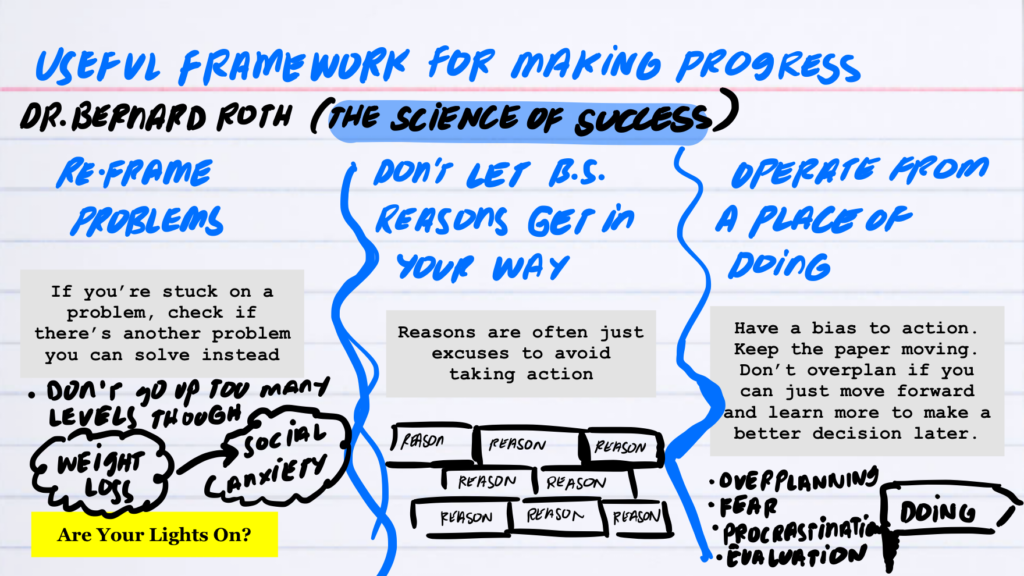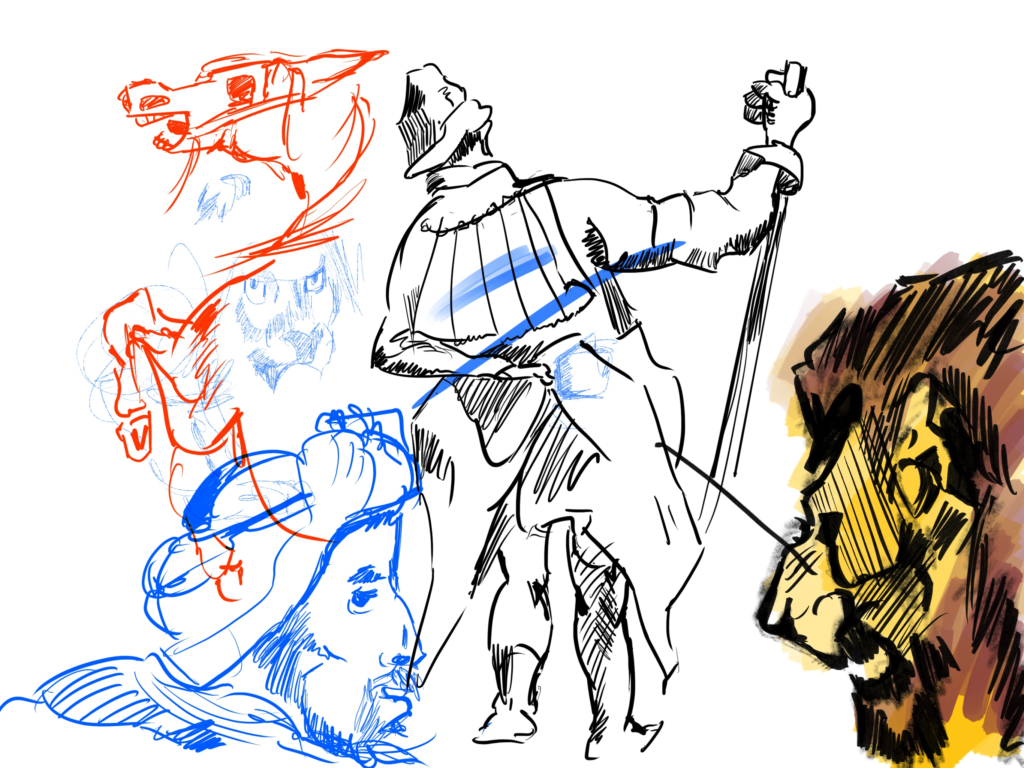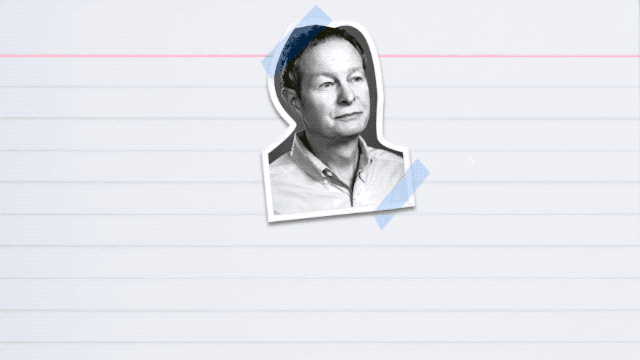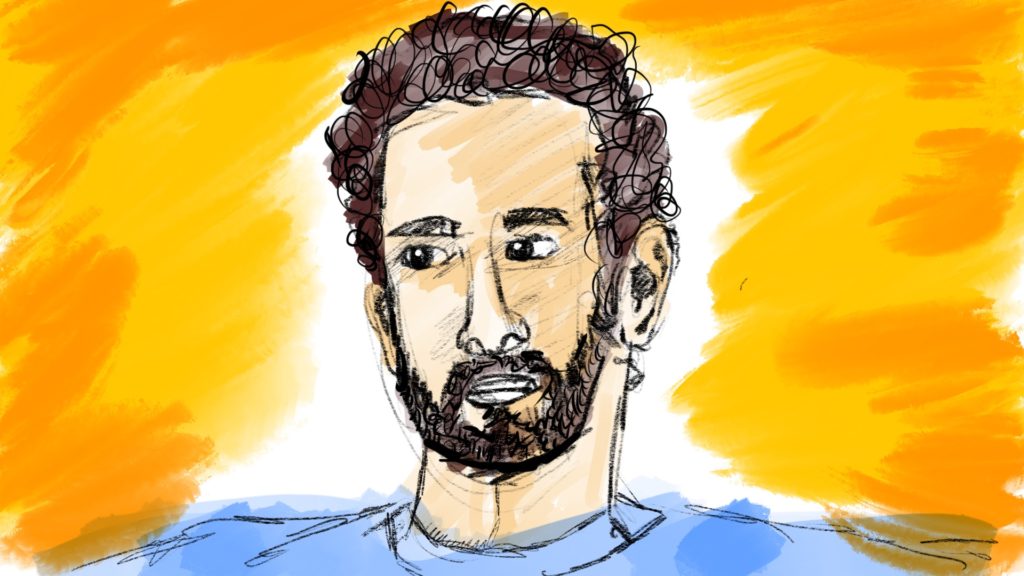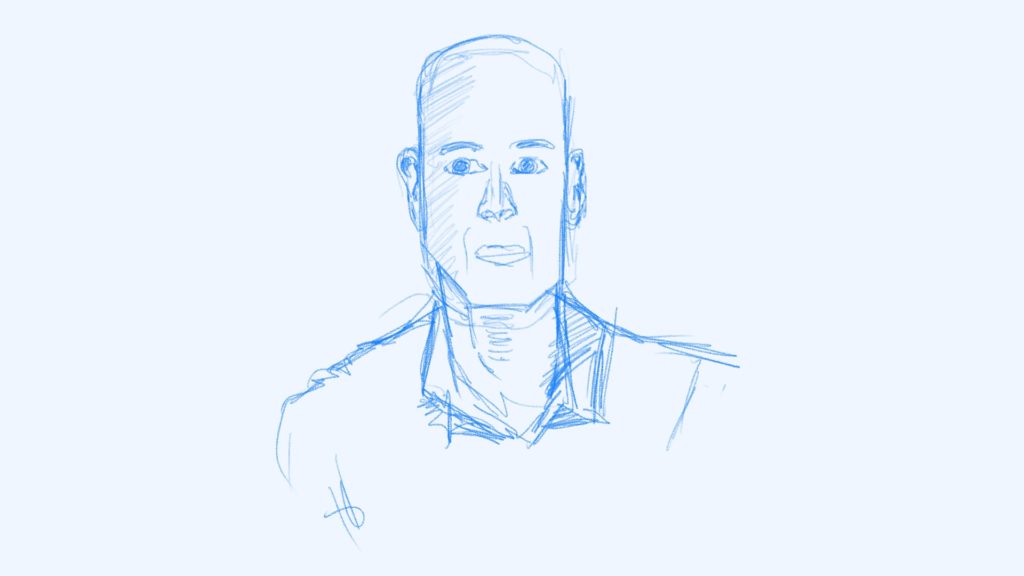Dr. Bernard Roth was on The Science of Success (Feeling Stuck? This One Question Will Create The Change You Need with Dr. Bernard Roth).
I really enjoyed the framework discussed throughout the episode for solving problems of all sorts.
- First, recognize there’s a good chance that the problem isn’t actually the problem — You might be able to solve an adjacent problem or something at a different level so that the problem disappears. You might think work is causing most of your stress but it might be that you actually aren’t sleeping enough and are less effective at work as a result (which then leads to underperforming and stress).
- Ask what this will open up (but don’t go too far up the chain) — You can start looking at what solving this problem would open up for you. Then what would happen if the next level was solved as well? But you don’t want to go so high up this chain to where you’re considering your existence.
- Don’t let B.S. reasons get in the way — Everyone has reasons for everything. Is traffic the reason you were late or is it that you budgeted enough time to arrive exactly on the dot if there’s absolutely zero traffic? (George Lucas talks about not getting into a film school class but making films anyway while his friends just complained they couldn’t make films because they didn’t get into that class.)
- Operate from a place of doing — I’ve heard this described in Designing Your Life as “bias to action”. You have to do things and see how they go. If you’re planning your year, the goals you come up with in 20 minutes are probably good enough to get moving on. There’s no need to spend 8 hours polishing them at this point. You’ll be better moving forward and gathering more information. Get moving.
The one connection I have here is the book Are Your Lights On? It’s a bunch of stories (a few pages each) that demonstrate some aspect of business. The book is really helpful for re-framing problems and identifying what the real problems are.
You don’t need two separate signs to let drivers know the hours when they should turn their lights on and off. All you need to do is remind the driver to check their lights—they’ll know whether they should be off or on but they just need the nudge.
